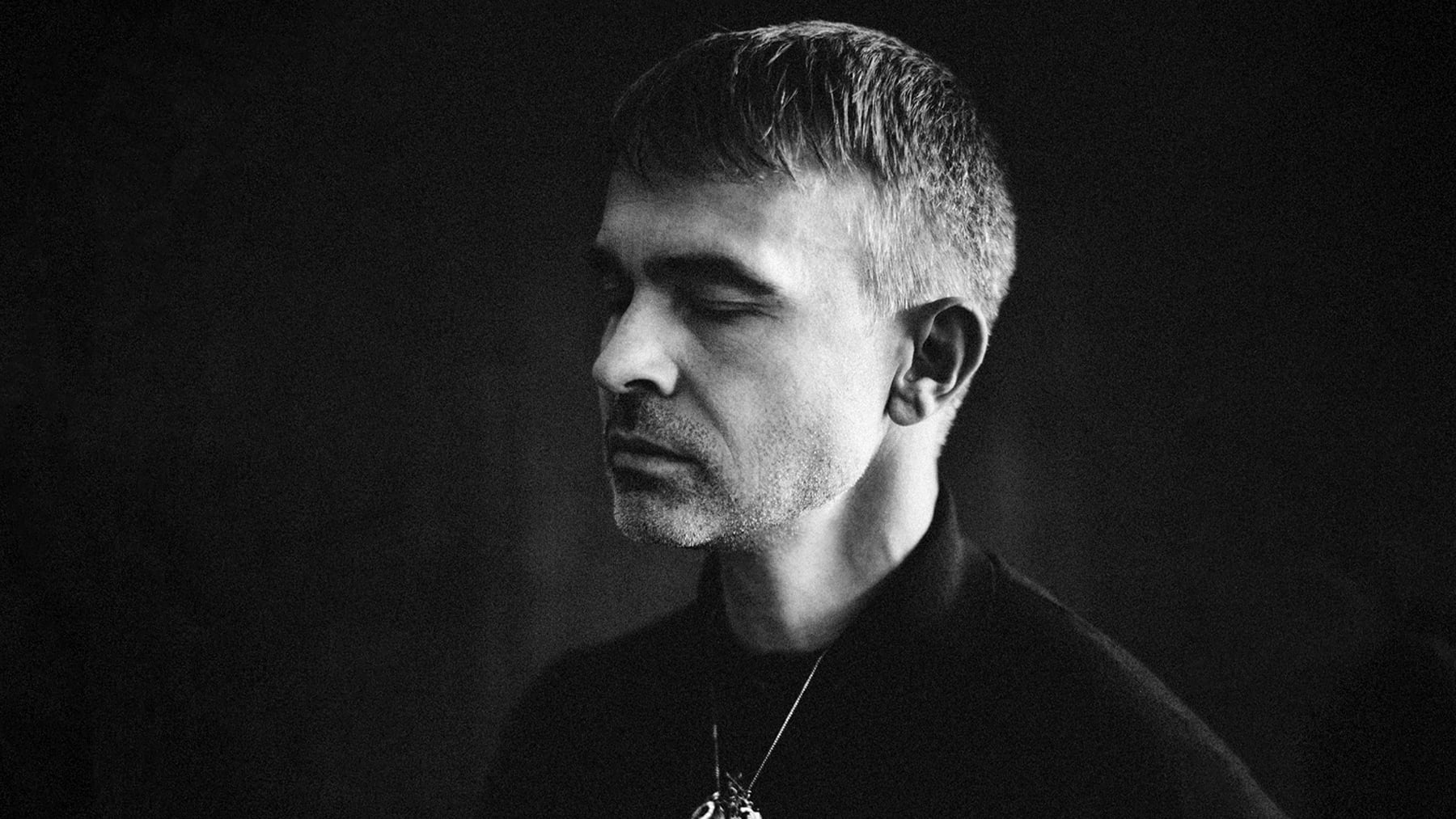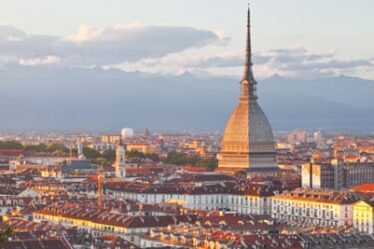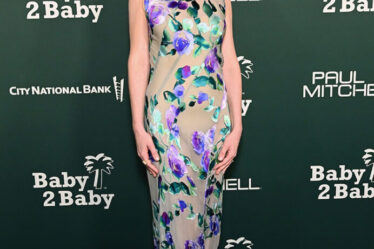
The author has shared a Podcast.You will need to accept and consent to the use of cookies and similar technologies by our third-party partners (including: YouTube, Instagram or Twitter), in order to view embedded content in this article and others you may visit in future.
Subscribe to the BoF Podcast here.
Background:
For more than 30 years, photographer Willy Vanderperre has been fascinated with youth. Vanderperre has carved a niche for himself in the fashion industry, capturing the youthful essence of models like Julia Nobis and Clément Chabernaud for fashion houses including Dior, Prada and Givenchy.
“It would be bordering on pretentious to say that I understand youth. I am 53 years old and I am fully aware of that. It’s impossible to understand youth nowadays. I can just have an interpretation of what I think youth is through my eyes and through the experiences I have with those kids,” says Vanderperre.
Ahead of the opening of his exhibition “Willy Vanderperre Prints, Films, a Rave and More…” at MoMu – Fashion Museum Antwerp, Vanderperre sits down with BoF editor-at-large Tim Blanks to discuss this approach to image-making his creative collaborations with Raf Simons and Olivier Rizzo, and more.
Key Insights
- Whilst studying photography at Antwerp’s Royal Academy of Fine Arts, Vanderperre first encountered the friends who would become his closest collaborators: Raf Simons, Olivier Rizzo and Peter Philips. “We all grew up in different parts of Belgium, we all have very different backgrounds, we also come from different subcultures, so I think it’s also that that linked us together at one point.”
- A rave and hedonistic subculture is an essential component of his body of work. “Of course we had to include the rave. My main focus has always been youth, and it will always be. I am from that generation of Belgian kids that when the rave scene was big, I was young and I indulged in that lifestyle,” he shared.
- Vanderperre views challenge, both for himself and his audience, as a defining characteristic of his work. “What is a beautiful picture? Does it always have to be beautifully lit or perfectly lit? … Technique is important, but it’s a means and I think we should play with that,” he explains.
- As for his work philosophy, Vanderperre keeps it simple: “I like the idea of observing, creating and bringing that character to life and being genuinely interested in that person in front of the camera” he says. “I think the last three decades we’ve just been trying to translate youth through our eyes.”



